Most Popular Movies & TV Shows Directed by Isabelle Clarke
Still not sure what to watch click the recommend buttun below to get a movie recommendation selected from all the movies on this list
Apocalypse: The Second World War
A six-part French documentary about the Second World War composed exclusively of actual footage of the war as filmed by war correspondents, soldiers, resistance fighters and private citizens. The series is shown in color, with the black and white footage being fully colorized, save for some original color footage. The only exception to the treatment are most Holocaust scenes, which are presented in the original black and white.
Apocalypse: The Fall of Hitler
Summer 1943: Hitler engages in a decisive battle in Kursk to win the war in the East. This is without counting on the pugnacity of the Red Army and the Allied intervention in the West. Month after month, the noose tightens on the Nazi tyrant who refuses to admit defeat and precipitates his country in its fall.
Apocalypse: World War I
Colorized historical footage in ascending order of World War 1. Not only the relatively known Flanders and France battles, but also the generally unknown Italian-Austrian, German-Polish-Russian, Japanese-German, Ottoman Empire- Allied and African German Colonies, and other unknown or forgotten fronts and battles.
Apocalypse: Never-Ending War (1918-1926)
November 11, 1918. The world emerges from the most horrific conflict ever known. While leaders of the victorious countries design a new world order, traumatized societies struggle to find their footing. In the aftermath of war the Russian, German, Austro-Hungarian and Ottoman Empires fall apart, currencies fluctuate wildly, and vast numbers of refugees flee misery. Before long, age-old hatreds, fears, and resentments resurface and drive the world to the brink of a new apocalypse.
Apocalypse: Hitler Takes on The West (1940)
May 10th, 1940, Hitler takes on the West. Will he precipitate Europe into the Apocalypse?
Apocalypse: The Rise of Hitler
Adolf Hitler (1889-1945) was a mediocre who rose to power because of the blindness and ignorance of the Germans, who believed he was nothing more than an eccentric dreamer. But when the crisis of 1929 devastated the economy, the population, fearful of chaos and communism, voted for him. And no one defended democracy. As the dictatorship extended its relentless shadow, the leader claimed peace, but was preparing the Apocalypse.
Apocalypse: The Battle of Verdun
A detailed account of one of the bloodiest battles of World War I. Between February and December 1916, the French and German armies relentlessly fought in the devastated camps around the village of Verdun.
Hunting Down the Nazis
For the first time, a film recounts the story of the long pursuit of Nazis in hiding from 1945 to the present day. Sixty years of investigations, set-backs trials and dramas, brought about principally by three extraordinary individuals—the Austrian Simon Wiesenthal, and the German-French couple, Beate and Serge Klarsfeld.
Capitulation, the Final Hours that Ended World War II
A film made of archives mostly unknown, on the last day of the Second World War in Europe and on the events which preceded it. This film also shows the growing tension between the Allies and the Soviets at the time: May 8, 1945 is also the first day of the Cold War.
Apocalypse: Stalin
The rise of Stalin, from his early beginning as a bankrobber to the cold-blooded leader of the Soviet Union.
Apocalypse: War of Worlds (1945-1991)
The story of this fantastic period of history between 1945 and 1991, which was defined by the confrontation of two worlds and two systems. The capitalist West, dominated by the ever-powerful United States, is pitted against the Communist East, the Soviet Empire.
Apocalypse: Hitler Takes on The East (1941-1943)
June 1941, Hitler attacks the USSR: he wants to conquer this "Living space" which he dreams of for his Reich. It comes up against enemy realities: the vastness of the territory, the polar cold and the determination of a people with inexhaustible human resources. How far will Hitler take Germany?
D-Day Sacrifice
Comprised entirely of re-mastered and colorised archive footage from World War II, much of it never before seen, Sacrifice recounts the story of D-Day through the testimonies of those who lived it. These important historical days are seen through the eyes of French civilians and members of the military fighting on both sides. The testimonies of famous individuals like Dwight D. Eisenhower and Erwin Rommel are intertwined with those of anonymous soldiers and citizens, such as film director Samuel Fuller and Eisenhower's chauffeur, Kay Summersby. From the preparations for D-Day all the way through to the liberation of Paris, the accounts of these men and women provide a moving and invaluable retelling of this pivotal time in history.
Love and Sex under Nazi Occupation
Love & Sex under Nazi Occupation questions the burning mystery of intimate heterosexual and homosexual relations in times of war... and shows how being close to death reinforces the yearning for passion, for pleasure, for transgression, for desire as a last burst of freedom, as an ultimate call to life. Nearly two hundred thousands children are thought to be born of the union of French women with German soldiers. Women weren't the Germans' only conquests; indeed, occupied Paris swarms with all kinds of homosexuals—from Genet to Cocteau—who treated with the occupier. The fate of those women who were shaved at the end of the war for fraternizing with Germans is the punishment of a France that lied down and slept with the enemy.
An Intimate History of Occupation
June 14, 1940. The German Army marches into Paris. France is an occupied country. Through exclusive amateur footage, personal stories, and popular songs from the time, this fi lm recounts life with the enemy during the occupation, as seen by the French... and the Germans! Despite the Nazis and the troubled war times, day-to-day life in occupied France went on. People learnt to live with the rationing, the cues, the curfew... Many try to forget the hard times, mainly thanks to the movies in which big stars provide a little dream and lead a privileged life. These stars don't actually collaborate, butadapt and give the impression of normal life during the war. After all, is it necessarily shameful to shake the hand of an enemy?
Wings of the Fame
It is the epic of the heroes of the first century of aviation, since the flight of the first plane on December 17, 1903 until today. A striking collection of portraits of outstanding men and women like Louis Blériot, the first to cross the Channel, to Lindbergh who crossed the Atlantic and Amelia Earhart and many more... (colorised).
Charles Lindbergh in Colour
An exceptional documentary which presents, for the first time colorized archives, on Charles Lindbergh's life, the hero of the first crossing of the Atlantic Ocean on May 21, 1927. A travel aboard the Spirit of St. Louis thanks to the magic of computer animation helps us to understand what he was able to feel during his crazy crossing. The fate of a man whose restless life reserves us many surprises: his membership in masonry, his relationship with the Nazi regime, his double even triple life...
De Gaulle and the Free French in World War II
In June 1940 nothing was written. The appeal of June 18 by General de Gaulle was a hope but also a start. The start for an essential page of the History of France, written by De Gaulle and his followers, without whom nothing would have existed in the Resistance to the German tyranny and this film wishes to honor their memory.
An Unhealed Wound - The Harkis in the Algerian War
It's the unforgivable story of the two hundred thousands harkis, the Arabs who fought alongside the French in the bitter Algerian war, from 1954 to 1962. Why did they make that choice? Why were they slaughtered after Algeria's independence? Why were they abandonned by the French government? Some fifty to sixty thousands were saved and transferred in France, often at pitiful conditions. This is for the first time, the story of this tragedy, told in the brilliant style of the authors of "Apocalypse".
Surgeon during the Algerian War
Has everything really been said about the Algerian war? Although the archives are opening up, almost fifty years after the signing of the Evian Agreements (March 18, 1962), direct witnesses are beginning to disappear. They are, however, unique bearers of history, often the only ones able to illustrate the harsh reality of a long-hidden period. Gérard Zwang, surgeon of the contingent between May 1956 and June 1958, is one of these essential witnesses who help us discover an original history of the Algerian War. During his service, in charge of treating the most atrocious wounds of his fellow soldiers, he sees the war from the side of its victims. He did not fight with a machine pistol in his hand, but behind the closed doors of an operating room where life gives way to death in a matter of seconds.




















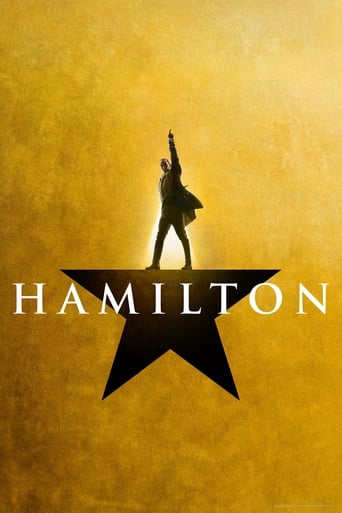
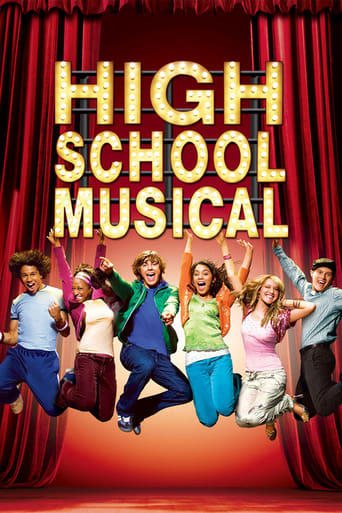
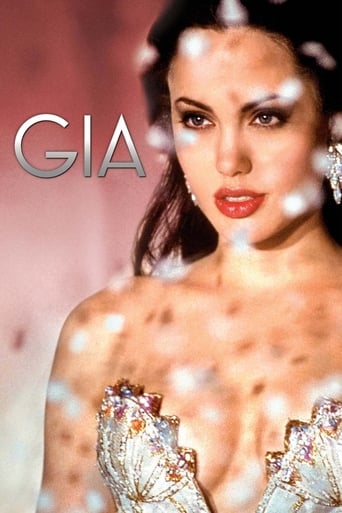
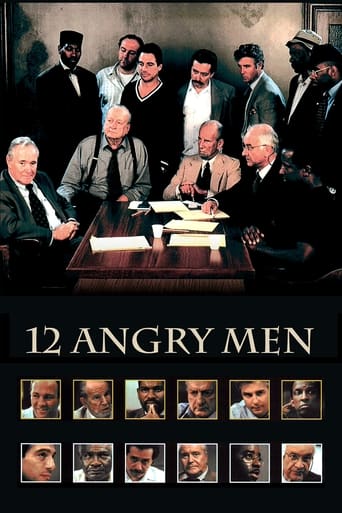
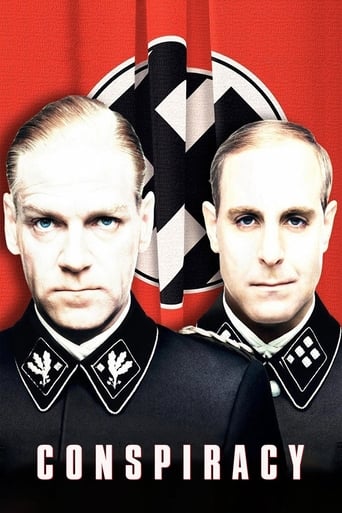

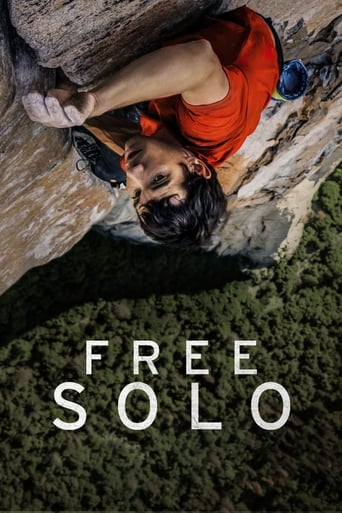

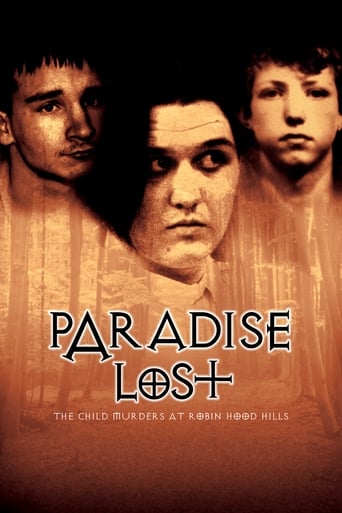
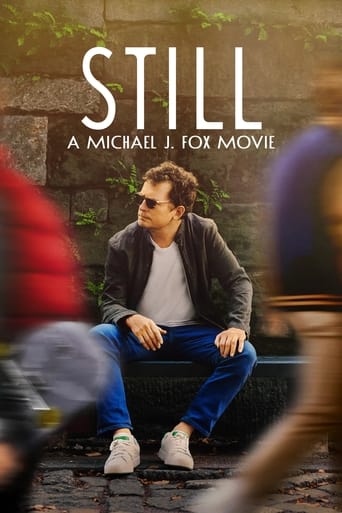



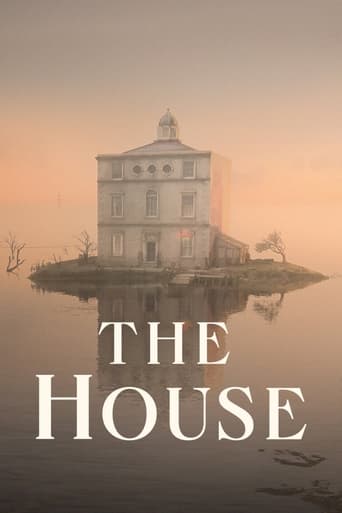
This is a list of the most popular movies & tv shows directed by Isabelle Clarke. On this top list of Isabelle Clarke movies are films such as, Apocalypse: The Second World War, Apocalypse: The Fall of Hitler, Apocalypse: World War I, Apocalypse: Never-Ending War (1918-1926), Apocalypse: Hitler Takes on The West (1940), Apocalypse: The Rise of Hitler, Apocalypse: The Battle of Verdun, Hunting Down the Nazis, Capitulation, the Final Hours that Ended World War II, among many other enticing movies about Isabelle Clarke.What would you say are among the best Isabelle Clarke movies of all time. And how many of these popular films have you seen before.